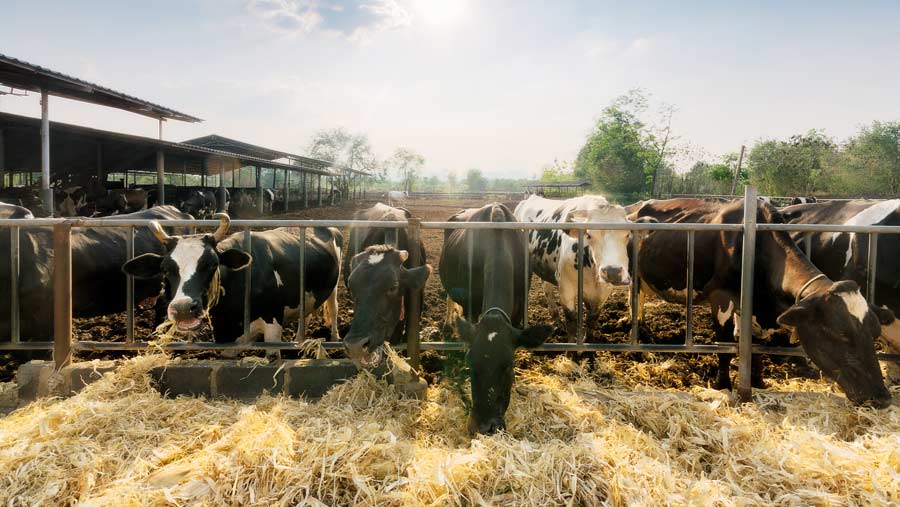Joint call to uphold UK standards in trade deals
 © Sky Stock/Adobe Stock
© Sky Stock/Adobe Stock Farm, animal welfare and green groups have renewed calls for the government to ensure UK food production standards are met in post-Brexit trade deals.
Ten groups expressed their concern over current import plans in a joint letter to the new international trade secretary Kemi Badenoch.
The letter said trade deals already struck with Australia would allow imports of food produced to standards that would be illegal in the UK.
Tariffs and quotas will be lifted without any equivalence on animal welfare or environmental standards for Australian producers, the letter noted.
That means UK farmers could be undercut by poorer quality food with increased transport emissions and greater risk of deforestation overseas.
See also: Liz Truss promises to slash red tape in agriculture
The letter said it was “encouraging to see that, during the 2018 trade bill debate, you noted that the UK should demand the same standards of farmers in other countries as we do of our own”.
Ms Badenoch had also previously said that “we must have a level playing field” to ensure British food and farming standards are not undercut”.
The groups therefore called for the new trade secretary to form a set of core standards to be written into legislation on imports that would safeguard animal welfare and green targets.
This would also see the UK show international leadership in raising the bar on food production, the letter pointed out.
It was written to coincide with the Conservative Party’s conference in Birmingham and comes ahead of further trade talks with India this autumn, which have already raised alarm bells with UK farm bodies.
Hen welfare
Speaking in the summer, British Egg Industry Council head of public affairs Morgan Brobyn warned of a huge disparity between welfare standards and prices in the UK and India.
While a push to ban all cage-based production in the UK was gathering momentum, there was no such pressure on poultry flocks in India, Mr Brobyn said.
Indian producers house hens in cramped cages with less space a bird than battery cages that are already outlawed in the UK.
At the same time British producers are facing a phasing out of enriched cages in the coming years, adding further to costs of production. That will only add to the existing 30% gap in production costs between UK and Indian sectors, Mr Brobyn told Farmers Weekly.
With margins in the powdered egg sector tiny, the UK processor will be forced to use the imported product and hen welfare will suffer, he said.
Criticism
NFU president Minette Batters has also been outspoken over the Australian deal.
Ms Batters said it was a betrayal of British farmers after Boris Johnson’s government pushed through the trade deal without proper parliamentary scrutiny.
The government was accused of rushing ahead with trade deals to create positive headlines for its flagship Brexit policy.
The Green Party was even stronger in accusing the government of a “major attack on the UK’s democracy and environment”.
It warned that British farmers and food producers faced potential losses running into hundreds of millions of pounds and thousands of job losses”.
However, the government has insisted its trade deals would have a limited impact on UK farmers, and indicated they have sufficient scrutiny already.
